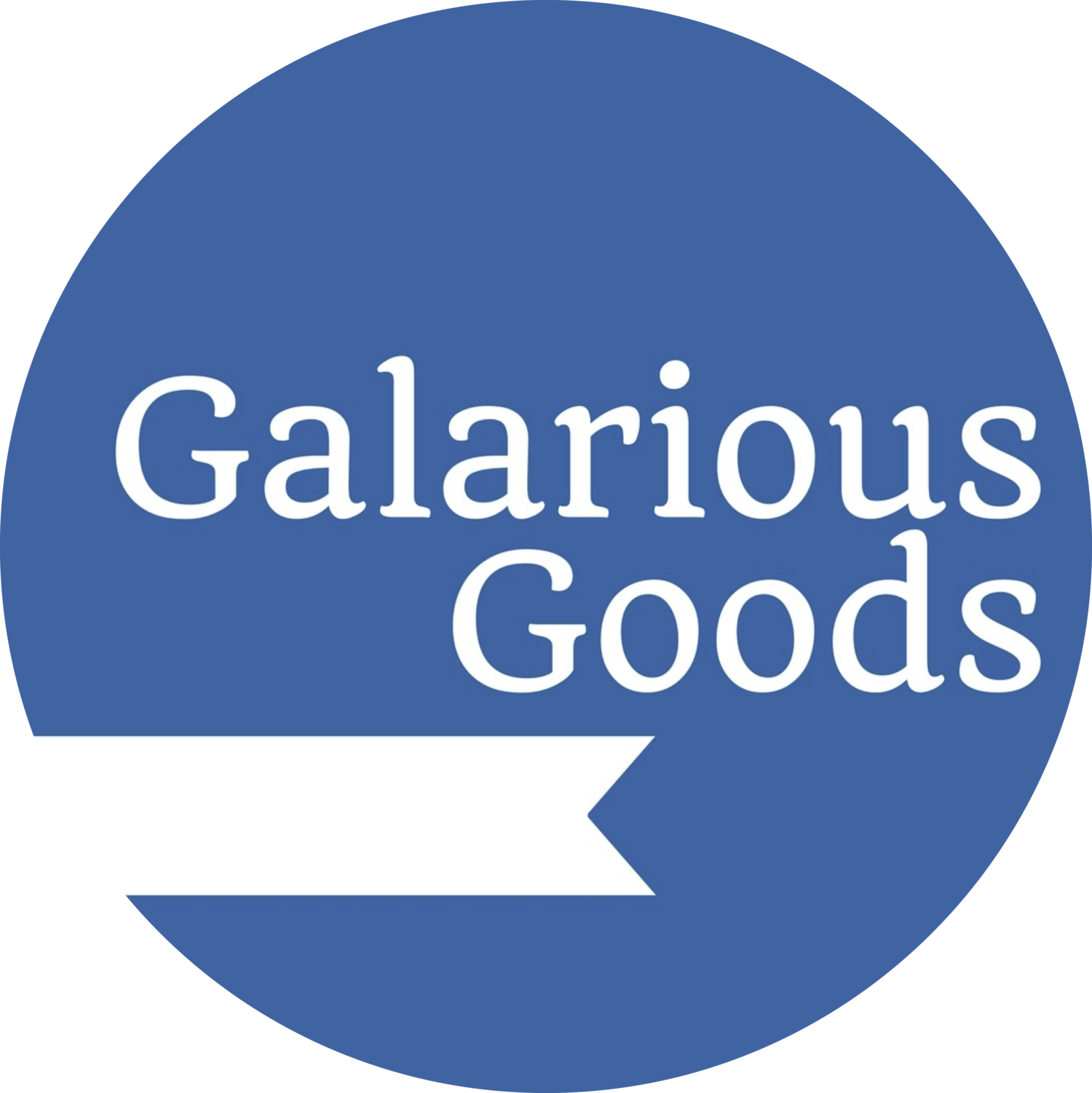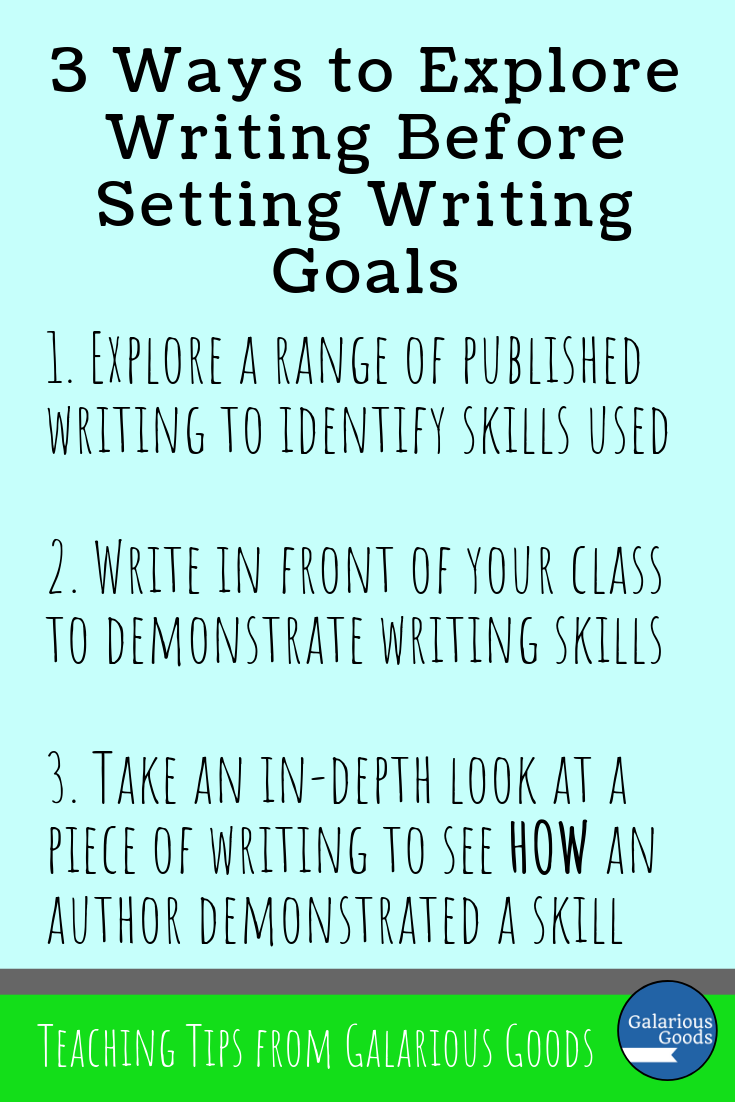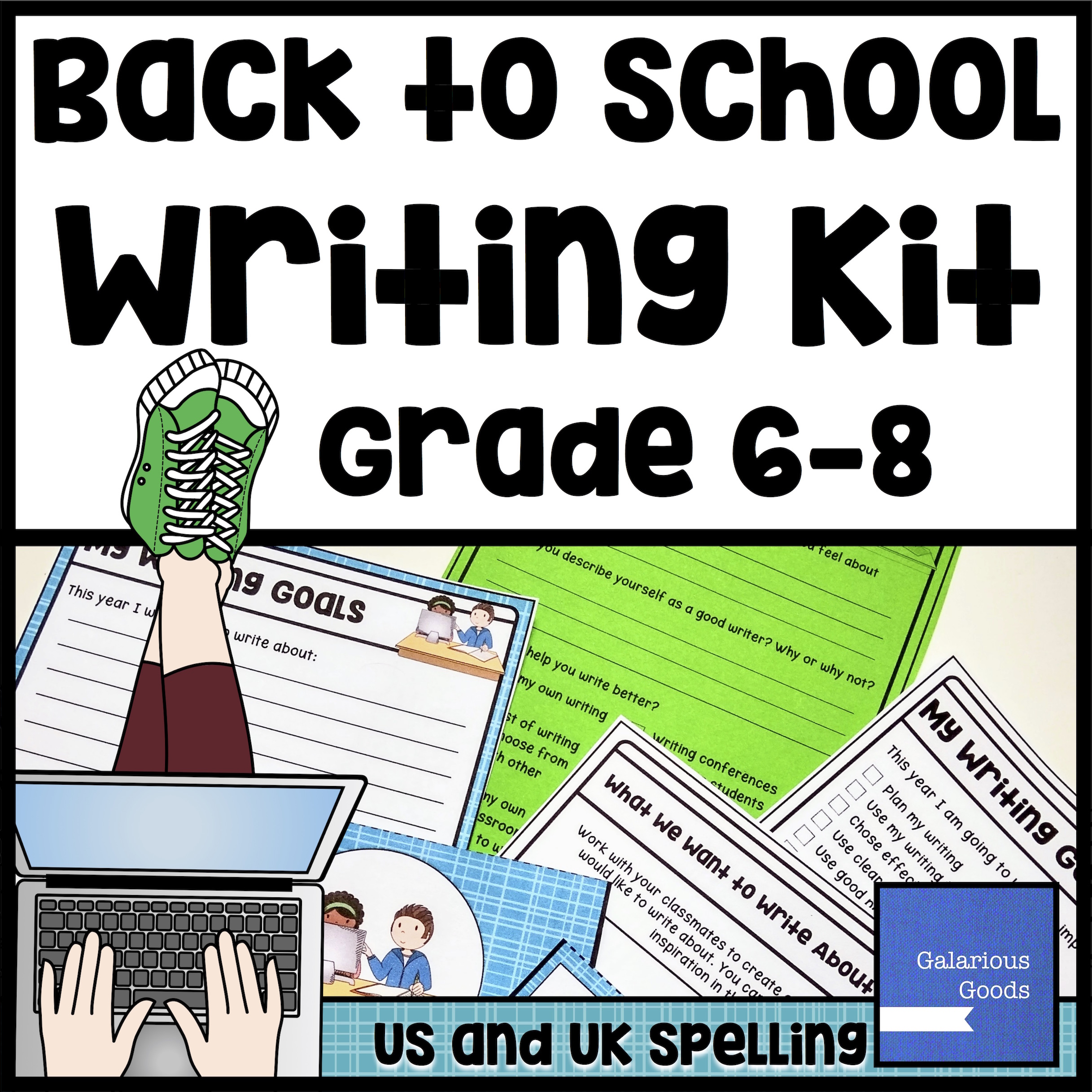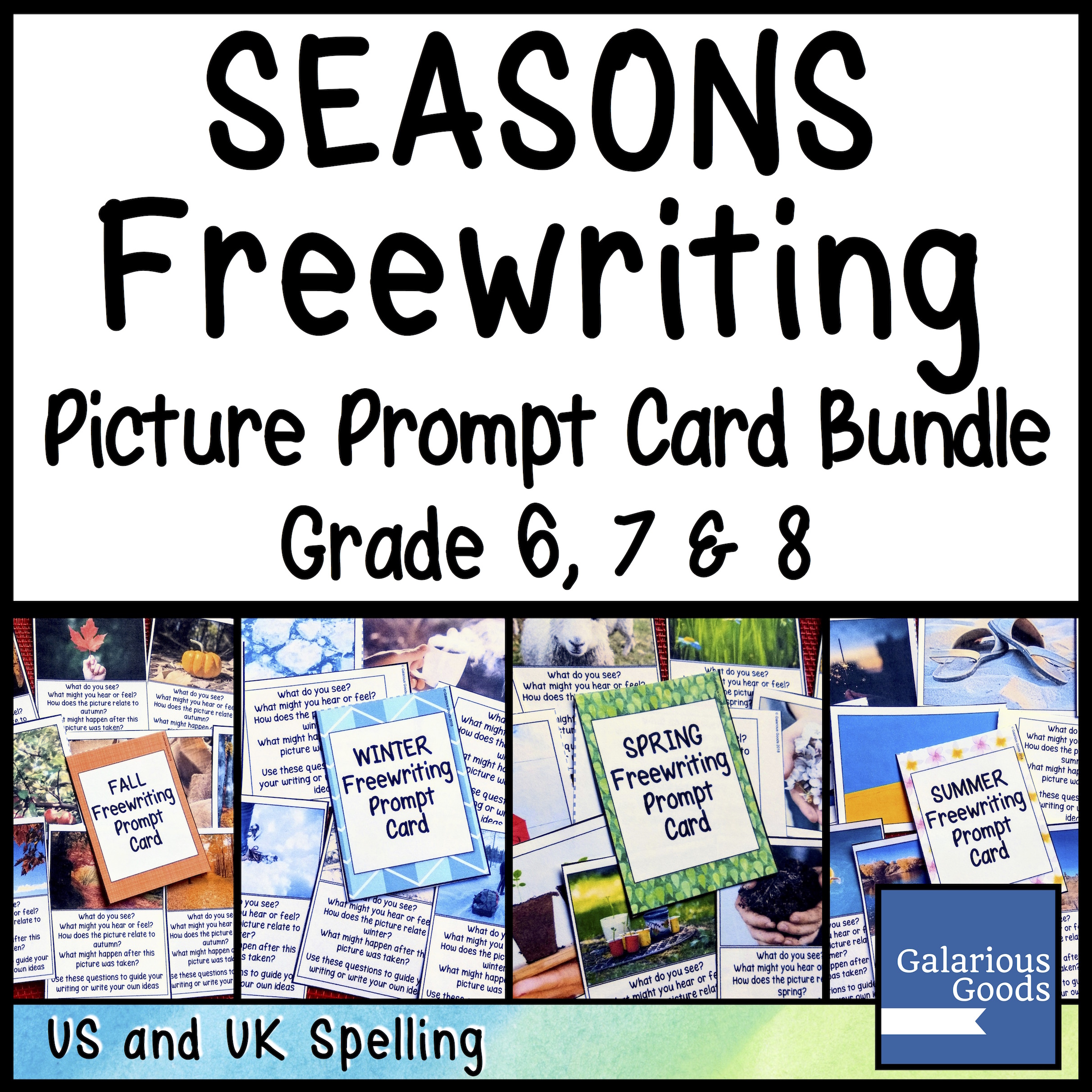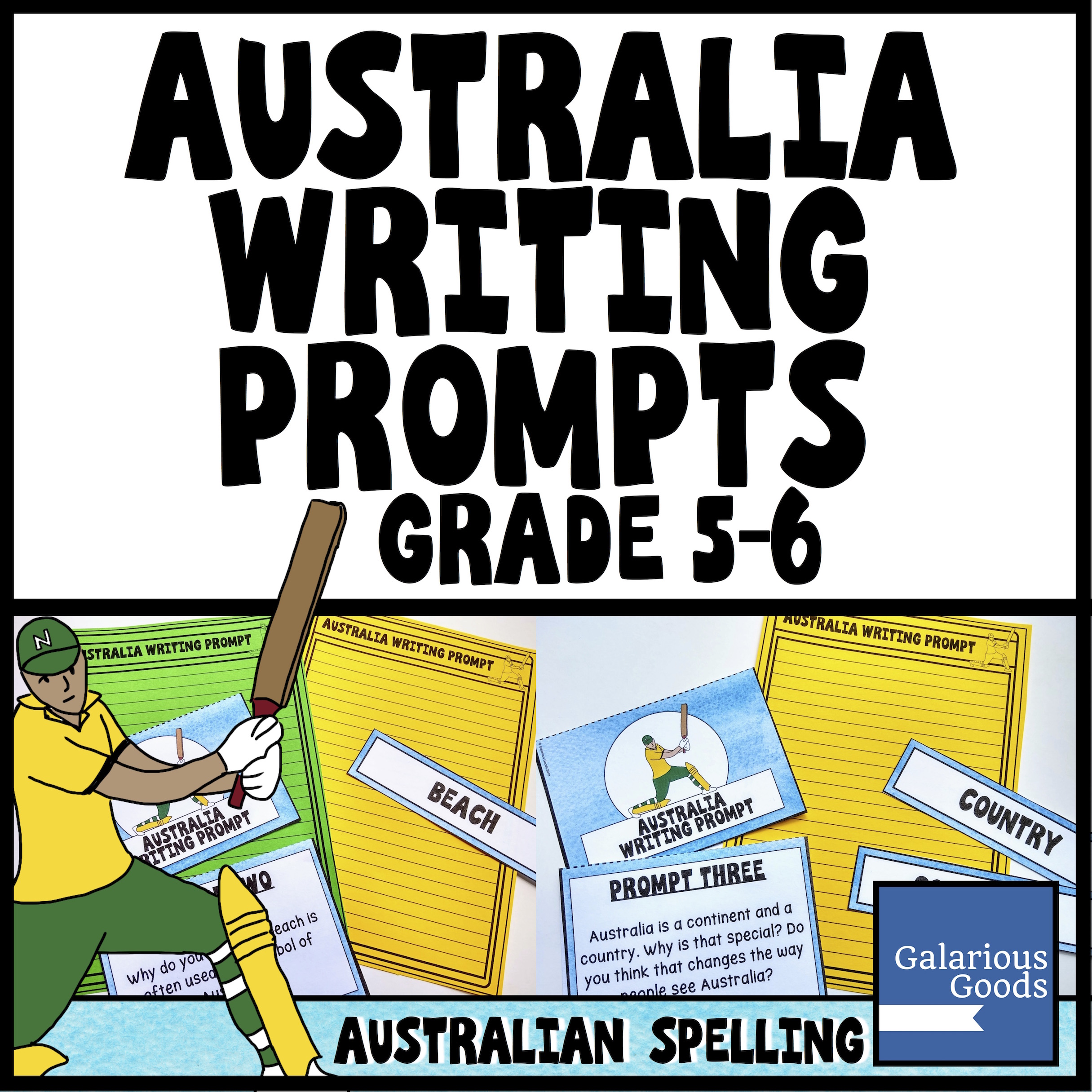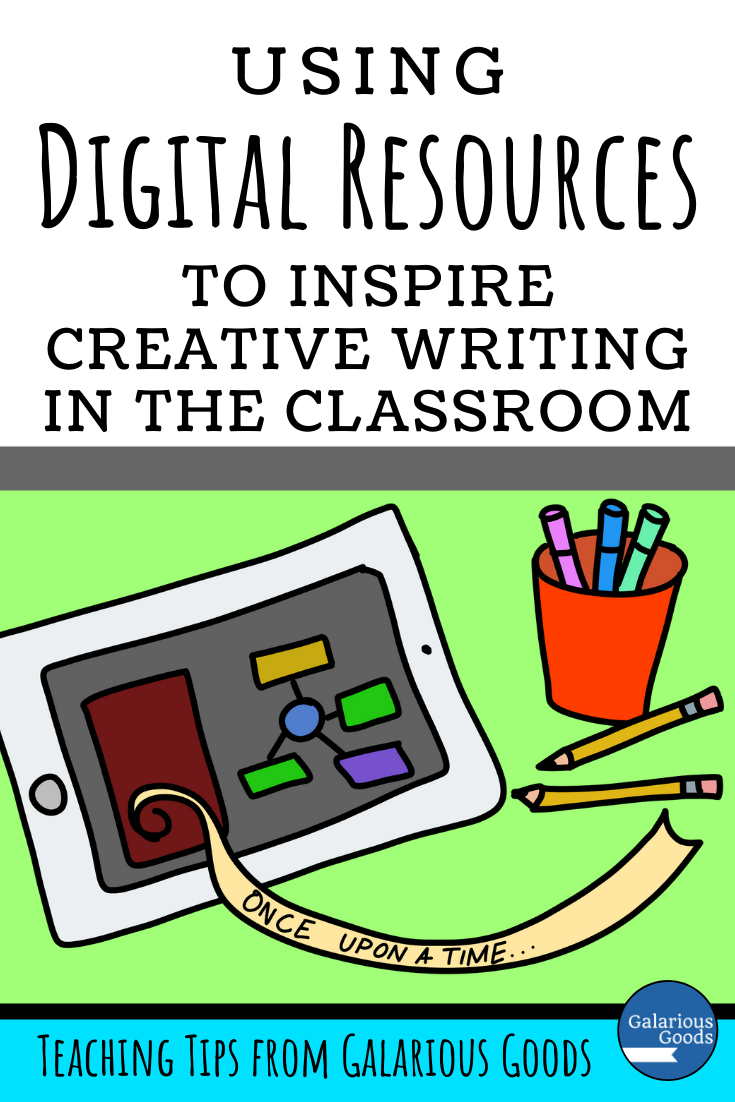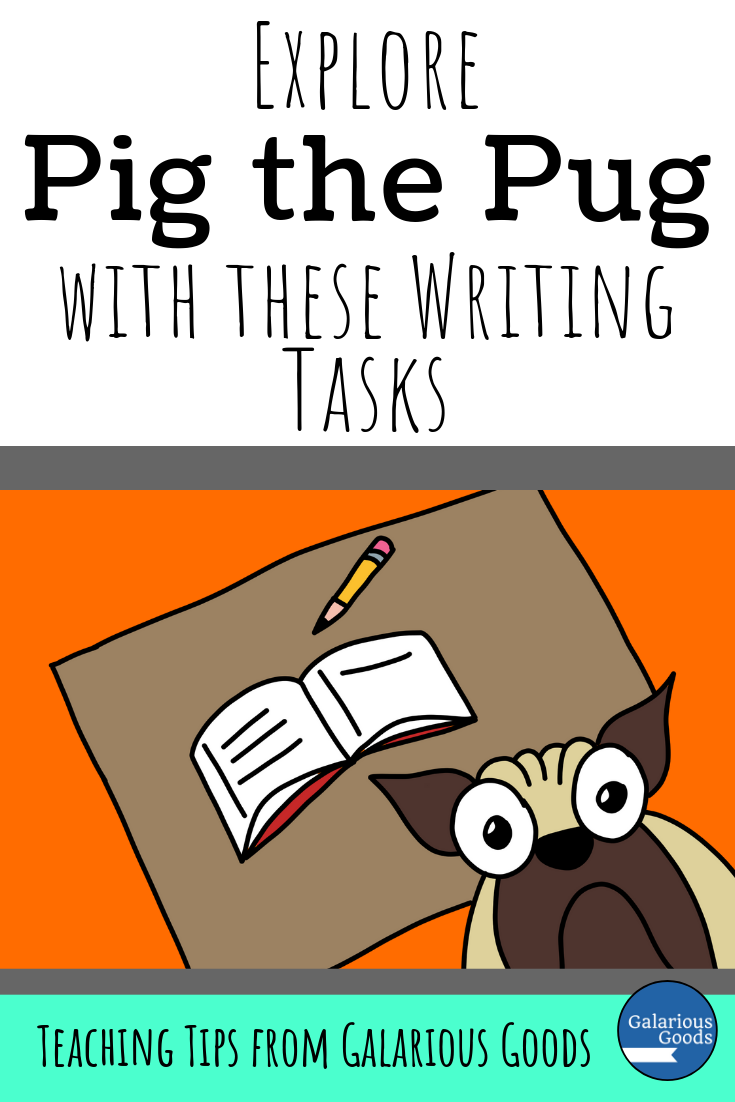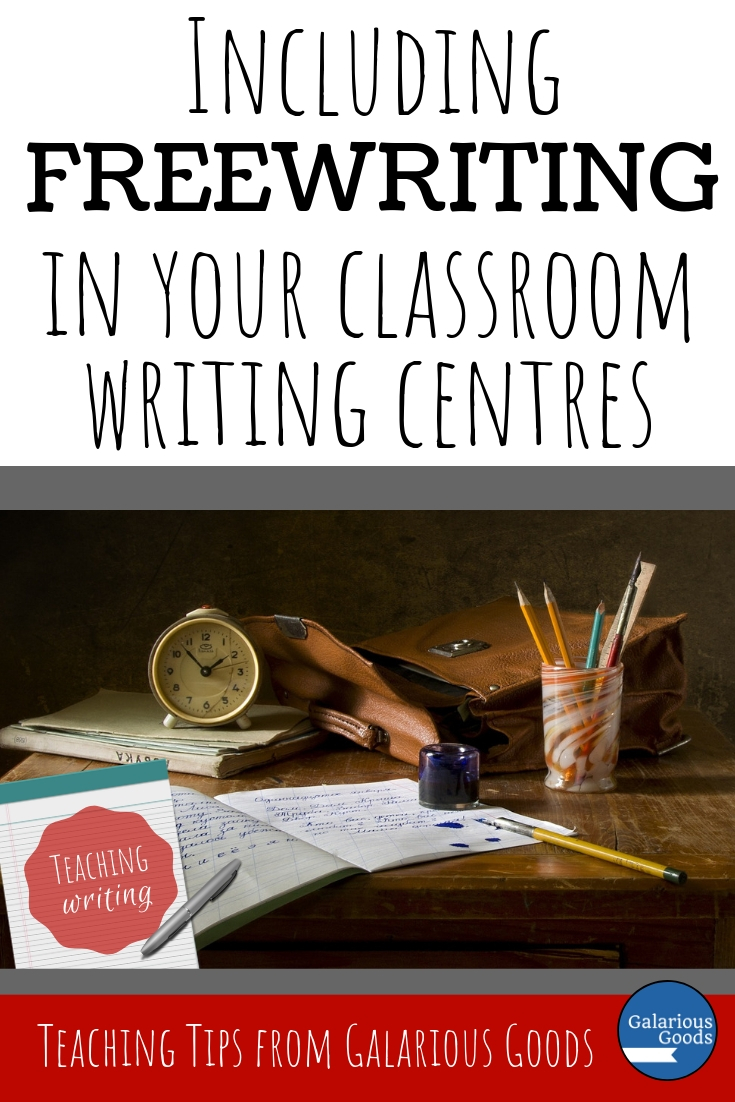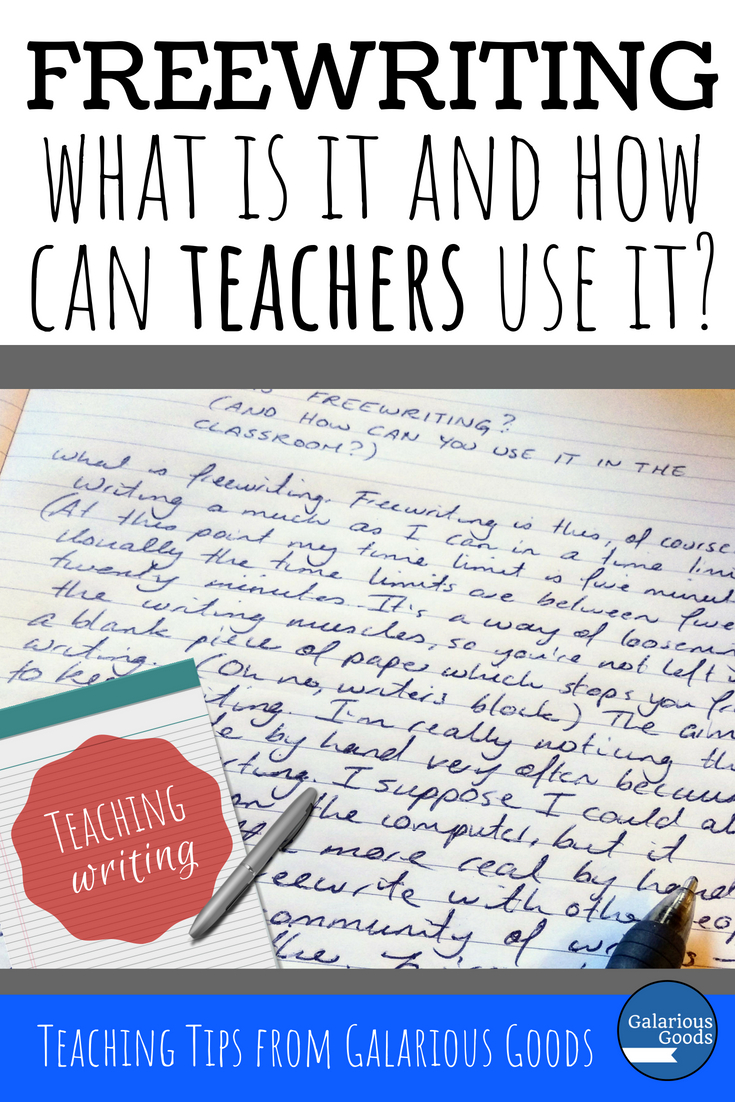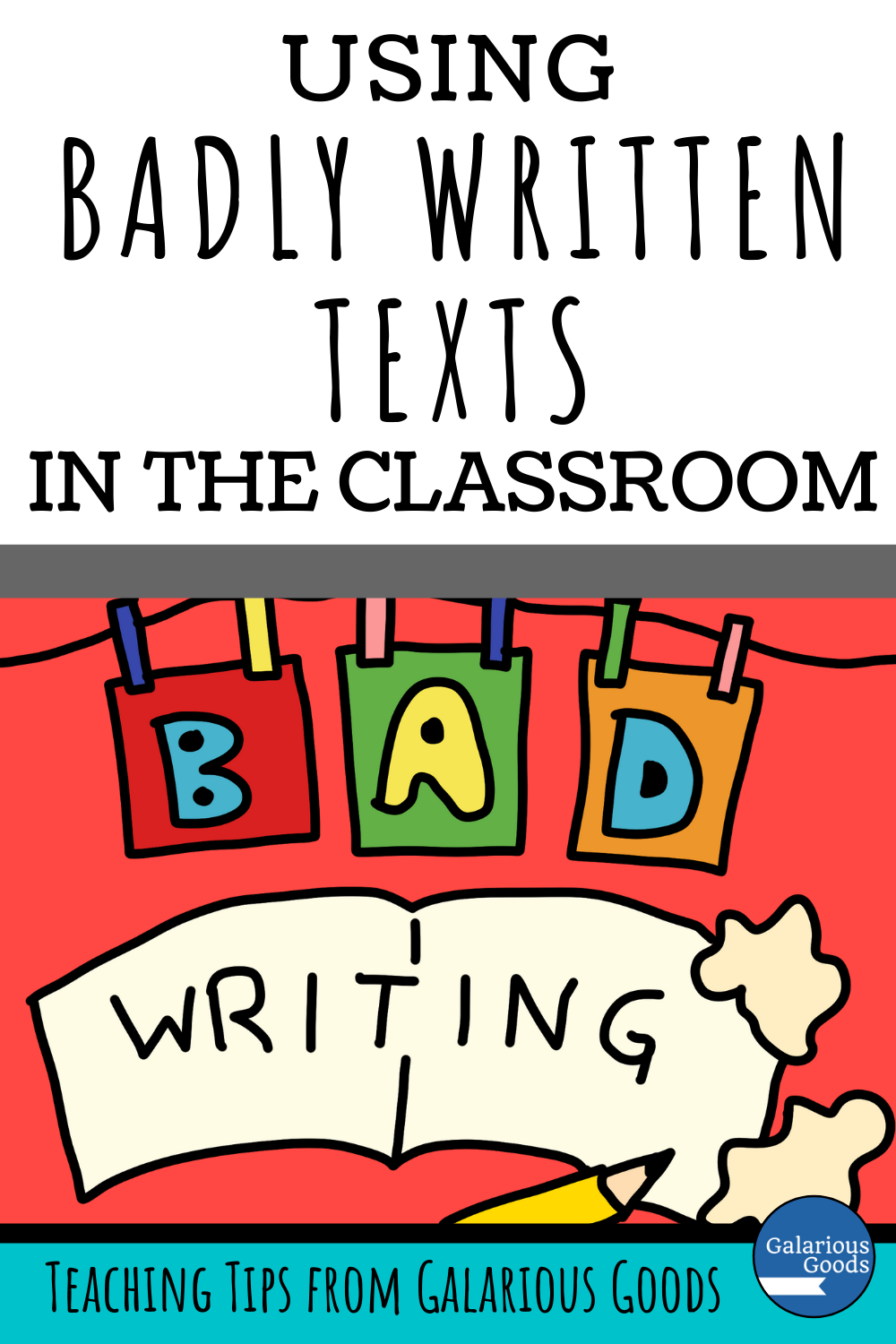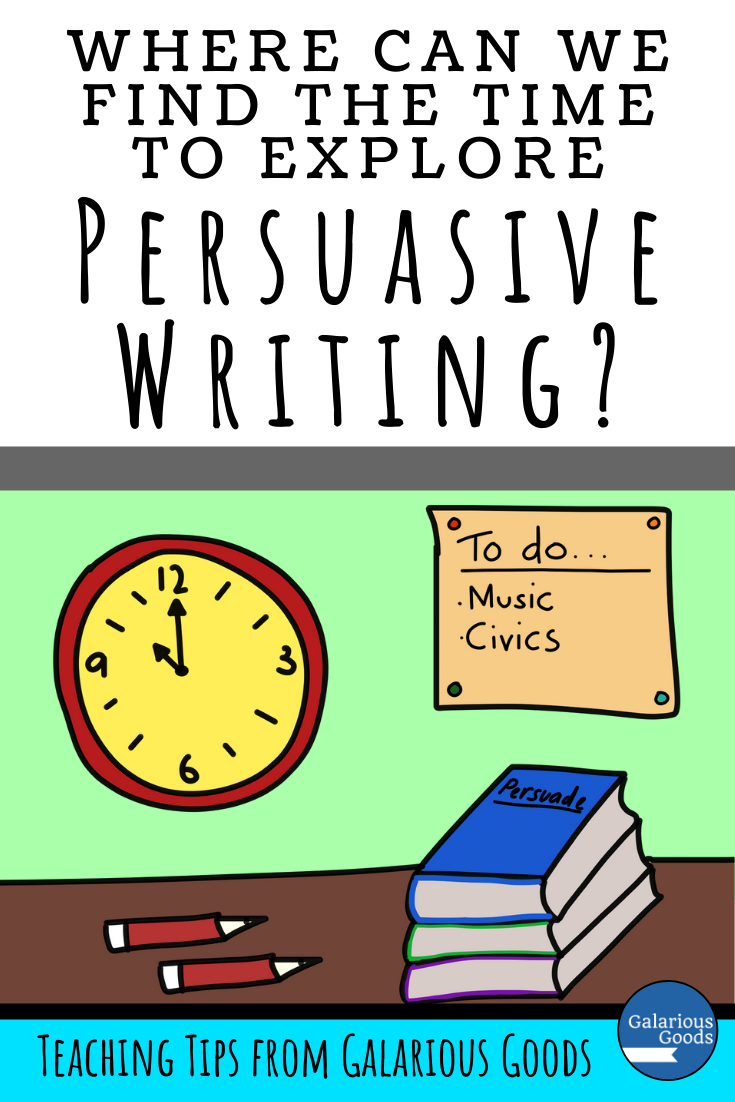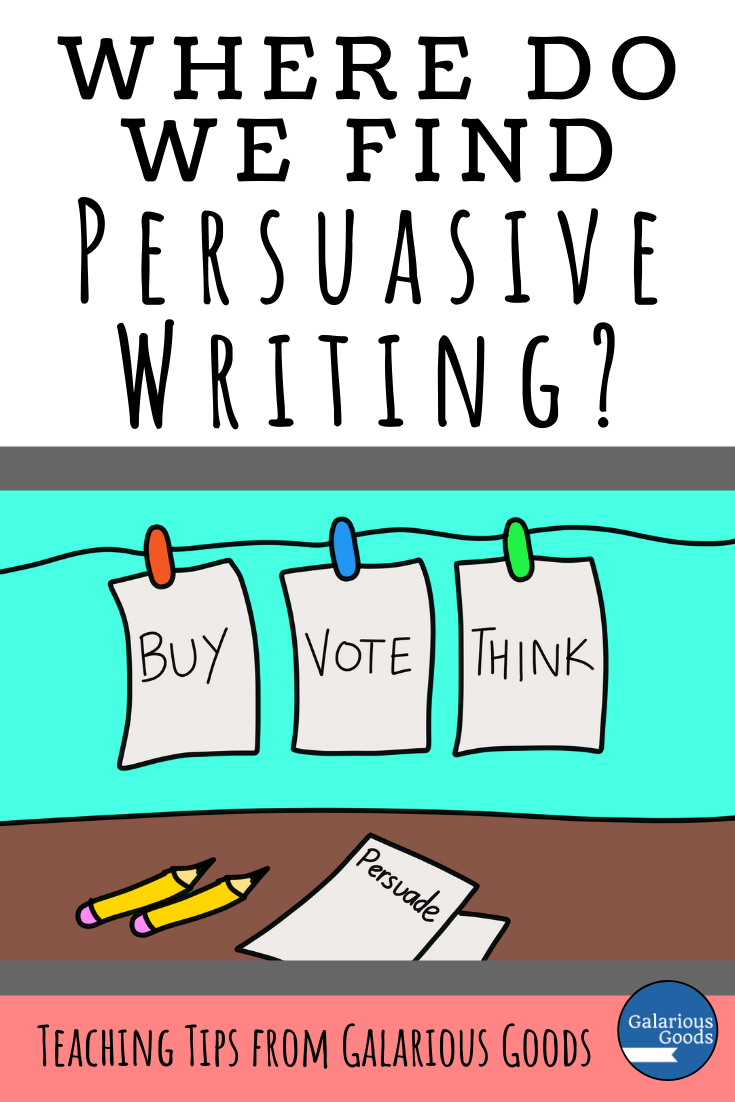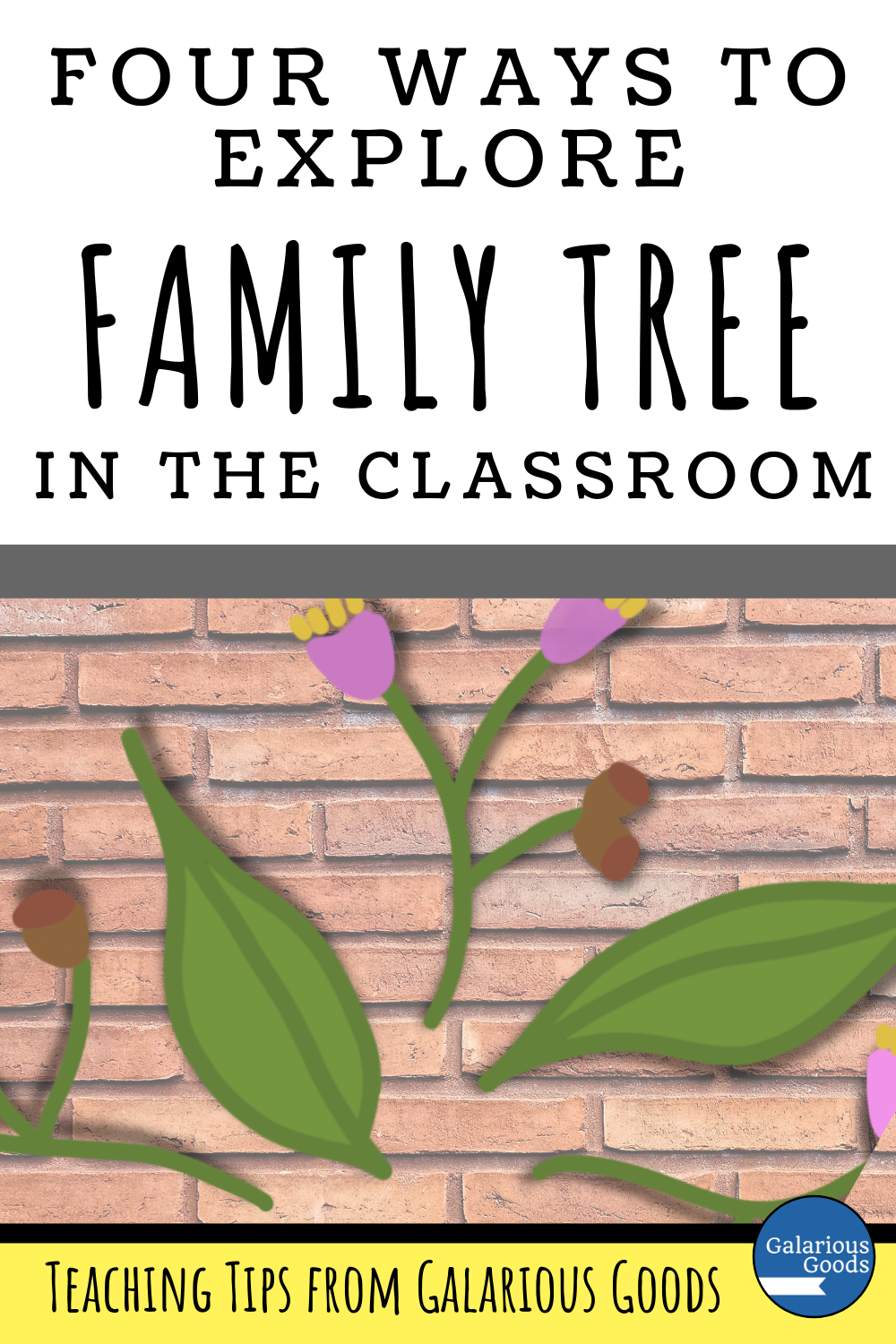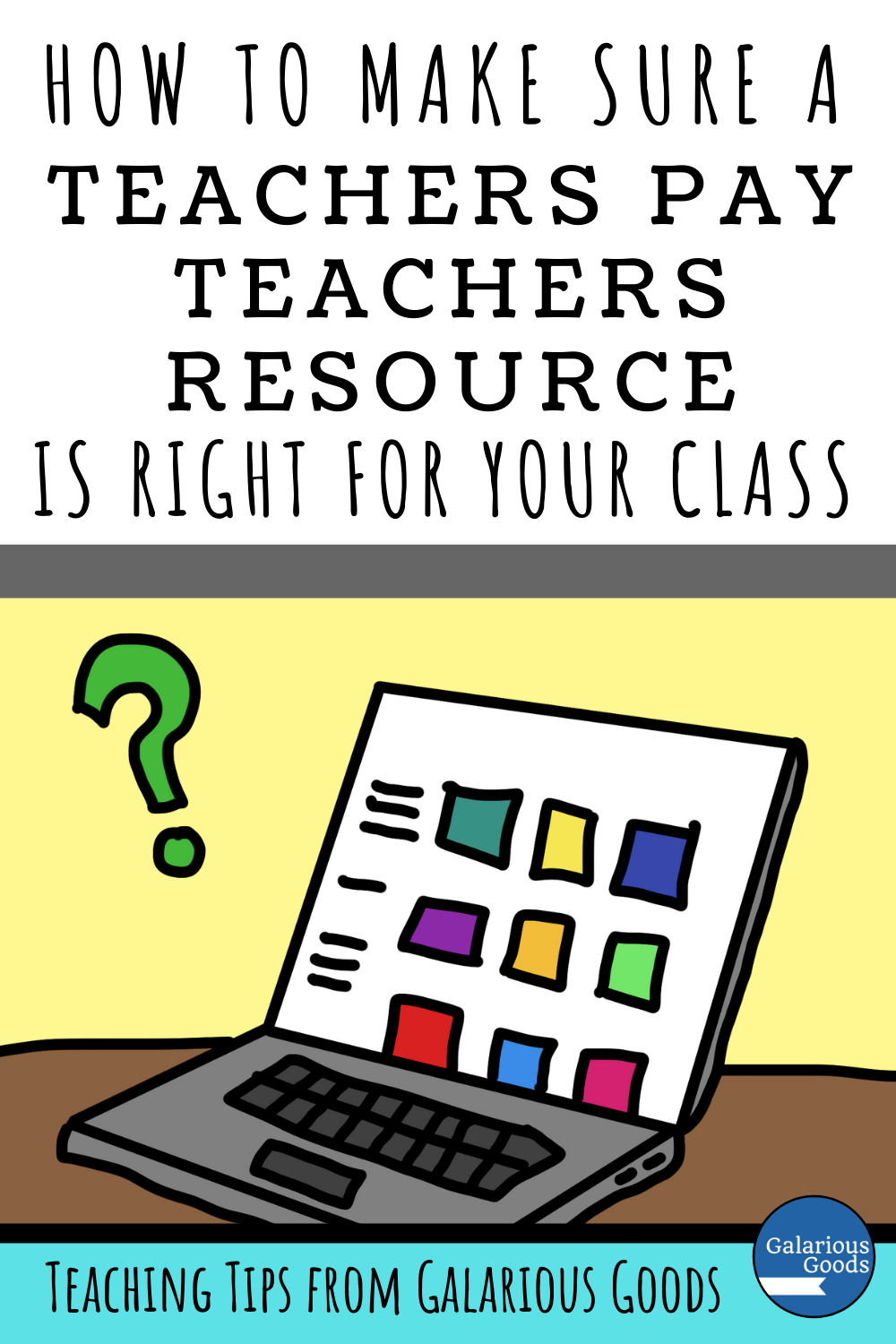Writing Skills and Expectations Before Goal Setting
/Making writing goals is a common activity at the beginning of the school year. But it is essential that students understand the range of skills they could be working on if they are going to make skills which are both effective and achievable.
Before students can make thoughtful and useful writing goals, they need to know what is expected of them, what good writing looks like, and what skills they need to master to create their own good writing.
When we ask students to make goals at the beginning of the year, we often ask them to be clear in what they would like to achieve. But are we making sure they have a clear understanding of what they should be aiming for?
When adults make goals, we usually have an idea of what we are specifically aiming for. If we want to become a better runner, we may do some research on what a good (and achievable) time looks like for different distances. If we’re striving to have a cleaner house, we may read articles on what household jobs need to be done or watch documentaries on decluttering our houses.
Having an understanding of what a successful outcome looks like, helps us make more informed goals - goals we’re more likely to meet. The same goes for our students - when they know what they should be aiming for, they’re more likely to create goals which are effective and achievable.
In the classroom, students have writing outcomes which come from the curriculum. But curriculums tend to be written for teachers - education professionals who understand specific terms. They are often hard to read without background knowledge so we rarely put them in front of our students.
One way we can overcome this is by pulling out the most important elements to present to our students or by rewriting them for our students to understand them. Students can explore these easier-to-read versions of the outcomes before they start making writing goals - they can make them a subject of discussion; look at how they might work to achieve these outcomes, what skills are involved to achieve them or how they can become specific achievable goals.
Before we ask students to set writing goals, they should first reflect on where they’re working from. But it is also essential for students to have an idea of what they’re aiming for in their writing - both generally and broken down into specific skills to master.
By exploring the writing of others, students can identify what writing skills they want to work on during the school year to make their own writing better.
1. Explore published writing
You can share a range of good writing - from picture books to articles to poetry - from the first day of school. This can be done by reading aloud, but you should also make a wide range of good writing accessible for students to read on their own every day.
Before writing goals are set, you can share pieces of writing which support different outcomes. As you read these with the students, you can identify the skills the writers have used to create effective writing, creating a list of skills which students may wish to work on during the year.
2. Model writing yourself
Writing in front of your students can be daunting, but it can also be incredibly valuable for you and them. Students can see how more experienced writers work to think about their writing, how they work to improve their writing while they write and how they apply skills they have been working on.
Demonstrating writing in the first weeks of school, before setting writing goals, allows you to highlight certain skills which you might like students to master. Students are able to watch how you work on those skills and what working on those skills actually looks like and can add those to a list of things they may wish to focus on.
3. Assess writing together
Use a piece of your own writing or a professional piece of writing to examine in-depth. You may wish to use your list of skills which you’ve put together from the outcomes or from other pieces of writing and assess whether the author has shown these skills well - and how they have done that.
Students can then use this assessment to determine how they might work on improving those skills.
For example, students may be focusing on how to use sentences of different lengths to create effective narratives. By examining the sentences in Shaun Tan’s The Lost Thing, students can see how the author puts together sentences to draw the attention of the reader. Students can then make a goal to vary their sentences when they are writing and to revisit those sentences when they are editing to see if they make the writing more effective.
By taking a closer look at what good writing can look like, what skills they need to master and what outcomes they are trying to achieve, students can be better informed when they make their writing goals - ensuring that the goals are more thoughtful, more achievable and more relevant to them as writers.
